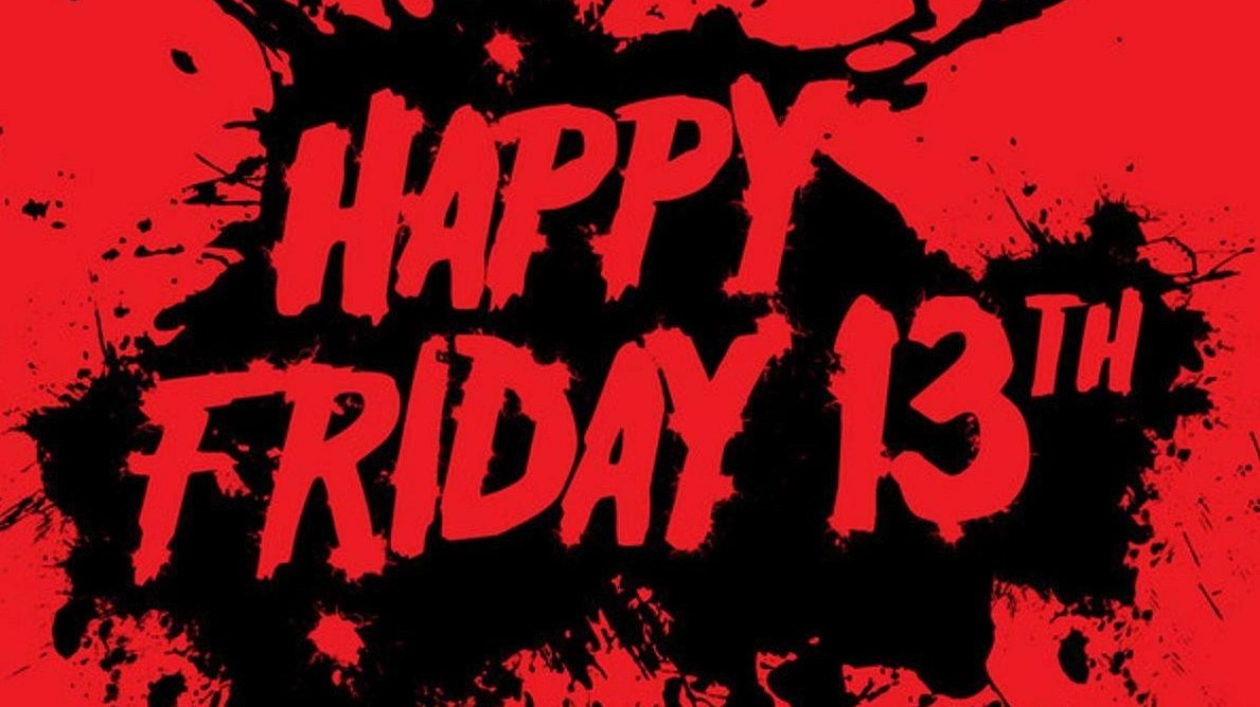Do you suffer from Friggatriskaidekaphobia, the fear of Friday the 13th? You're not alone. This superstition is deeply ingrained in Western culture, alongside other common fears like crossing paths with a black cat or walking under a ladder. For example, an estimated 17 to 21 million people in the United States are affected by Friggatriskaidekaphobia—named after Frigga, the Norse goddess from whom the word 'Friday' originates, or 'triskaidekaphobia,' the fear of the number 13. Some avoid flying or signing important deals on this date, while others refuse to leave their homes. Buildings often skip the 13th floor, and some airlines don't have a row 13. But why is this number and date considered so unlucky?
The origins of Friggatriskaidekaphobia, like many superstitions, are difficult to trace. The idea of the cursed number can be traced back to Norse mythology. According to legend, 12 gods were dining in Valhalla when an uninvited 13th guest, Loki—the god of mischief—arrived. He tricked Hodr, the blind god of darkness, into shooting Balder the Beautiful, the god of joy and gladness, with a mistletoe-tipped arrow. This tale spread across Europe and was solidified during the Christian era. The Last Supper, attended by Jesus and his 12 disciples, included Judas Iscariot as the 13th guest, who betrayed Jesus, leading to his crucifixion on Good Friday. In Biblical tradition, Friday is also associated with Adam and Eve eating the forbidden fruit and Cain murdering Abel.
Beyond mythology and religion, the number 13 is often seen as unlucky because it follows the 'complete' number 12. Numerologists consider 12 a perfect number, symbolizing completeness: there are 12 months in a year, 12 hours on a clock, and 12 signs of the Zodiac. The number 13, by contrast, is irregular. As for Friday, its association with bad luck may have begun with Chaucer's 14th-century work, 'The Canterbury Tales,' which includes the line, 'And on a Friday fell all this mischance.' Over the centuries, popular culture has only reinforced this belief: Thomas William Lawson's 1907 novel 'Friday, the Thirteenth' depicted chaos on Wall Street, the German bombing of Buckingham Palace occurred on Friday, September 13, 1940, and the Apollo 13 moon mission faced disaster. The 'Friday the 13th' film series, featuring the infamous killer Jason Voorhees, further cemented the date's reputation.
However, not all cultures share this belief. In Hispanic and Greek traditions, Tuesday the 13th is considered unlucky. In Greece, Tuesday is linked to Ares, the god of war, and the word for 'Tuesday' is 'Triti,' meaning 'third,' which heightens the superstition. Constantinople's fall in 1204 and 1453, both on a Tuesday, added to its cursed reputation. In Italy, the number 13 is considered lucky, while Friday the 17th is feared. The Roman numeral for 17, XVII, can be rearranged to spell VIXI, meaning 'I have lived,' implying death. As a result, Alitalia, Italy's airline, does not have a row 17.
Interestingly, both Friday and the number 13 haven't always been seen as unlucky. In pagan times, Friday was associated with the divine feminine, particularly Frigga, the Queen of Asgard and a powerful sky goddess linked to love and motherhood. Norse and Teutonic people considered Friday a lucky day for marriage. Similarly, the number 13 was seen as a symbol of good fortune in pre-Christian cultures due to its connection to the 13 lunar and menstrual cycles in a year. Even today, some people embrace the number 13 as lucky, like Taylor Swift, who considers it her lucky number. Born on the 13th, she often highlights the number's significance in her life, from her album sales to award ceremonies. Perhaps the legacy of Friday the 13th can be rewritten—just follow Taylor Swift's lead and embrace the day with confidence.
Source link: https://www.euronews.com






